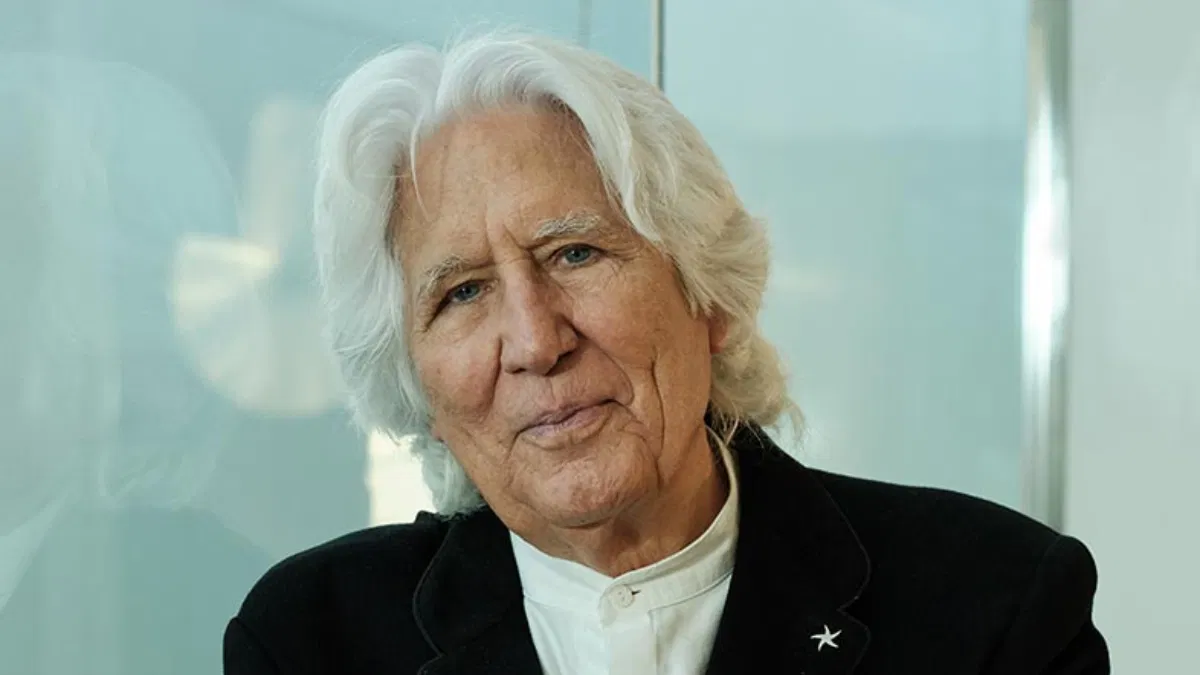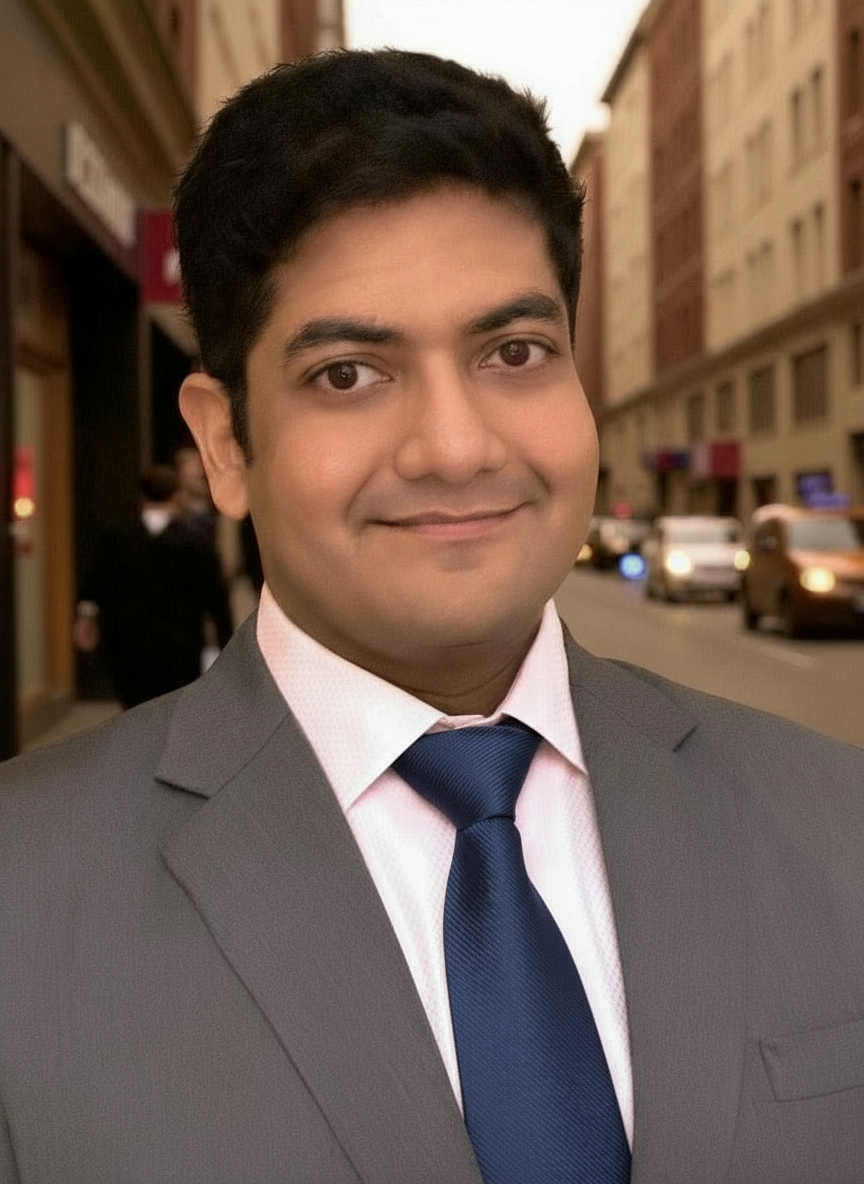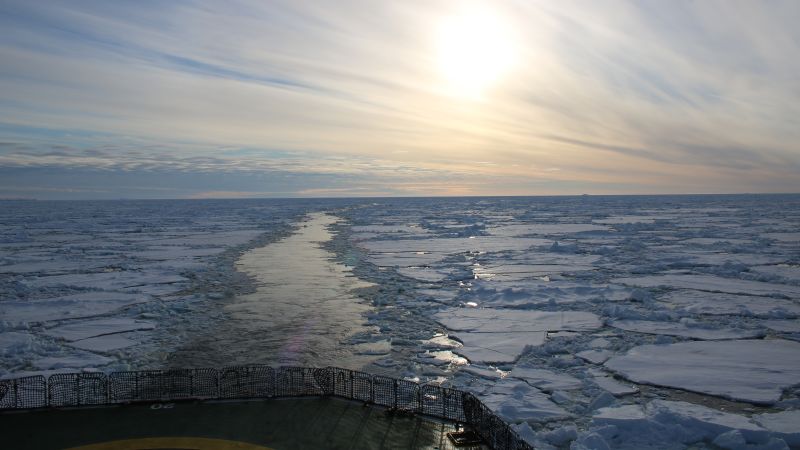Copyright euroweeklynews

Mallorca’s tourism titan Miguel Fluxá Roselló, executive president of the Iberostar Group, has officially joined the ranks of Spain’s ten richest people, according to the newly released Forbes España list for 2025. The Mallorcan businessman has climbed from 16th to 9th place this year, with a personal fortune now estimated at €3.3 billion. Fluxá’s ascent reflects both the global strength of the Iberostar brand and the resilience of the Balearic tourism economy, which remains one of Spain’s most lucrative sectors. Born in Inca, Mallorca, in 1938, Fluxá built upon a modest family shoemaking enterprise to create a hospitality empire that today operates more than 100 hotels across 16 countries. Through Sayglo Holding SL, the family’s investment vehicle, Fluxá controls 51 percent of the company, while his daughters Sabina and Gloria each hold 24.5 percent. Both play leading roles in the business – Sabina Fluxá as vice-chair and CEO, and Gloria Fluxá as vice-chair and chief sustainability officer – cementing Iberostar as a rare example of a family-run multinational with generational leadership continuity. Mallorca at the heart of Spain’s wealth map The 2025 Forbes España report places a spotlight on the Balearic Islands, revealing that Mallorca and its neighbouring isles remain a hub for family-built fortunes rooted in tourism and finance. Alongside Fluxá, several other Mallorcan names feature prominently on the list, demonstrating the region’s outsize contribution to Spain’s billionaire class. The March family, whose holdings include major stakes in Corporación Financiera Alba and long-standing interests in the banking sector, continue to represent one of Spain’s wealthiest dynasties. Brothers Carlos and Juan March Delgado are ranked 16th and 17th with estimated fortunes of €2 billion and €1.9 billion respectively. Within the same lineage, Gloria March and Leonor March appear further down the list with €700 million and €500 million, maintaining the family’s multigenerational prominence. Also from the Balearics, Carmen Riu Güell and Luis Riu Güell, co-owners of the Riu Hotel Group, share 27th place with €1.5 billion each. Although Carmen Riu has stepped back from day-to-day management, her brother continues to run the group’s operations. Isabel García Lorca, president of the Piñero Group, holds 64th position with €790 million, while Gabriel Escarrer Jr., of the Meliá Hotels International dynasty, follows close behind with €760 million. From neighbouring Ibiza, Abel Matutes and his family – the owners of the Palladium Hotel Group – appear at 86th with €600 million, confirming that Balearic tourism remains a cornerstone of Spain’s private wealth. A nation of legacy fortunes Forbes’ 2025 ranking paints a revealing picture of Spanish wealth concentration. Collectively, the country’s 100 richest individuals hold €258.87 billion, up nearly 7 percent from last year. Yet the magazine highlights what it calls an “unprecedented generational concentration” of wealth: most of Spain’s billionaires built their empires more than 40 years ago, with few new fortunes emerging in technology or digital innovation. At the top of the list once again sits Amancio Ortega, founder of Inditex (Zara), whose net worth stands at €109.9 billion. Despite an 8.6 percent decline caused by stock-market corrections and cooling in the textile sector, Ortega still accounts for roughly 42 percent of the total wealth of Spain’s 100 richest citizens – a level of concentration unseen elsewhere in Western Europe. His daughter Sandra Ortega, with €10 billion, remains Spain’s wealthiest woman. Below Ortega, industrial and retail leaders Rafael del Pino (Ferrovial) and Juan Roig (Mercadona) continue to expand their fortunes, now €8 billion and €7.9 billion respectively, both posting strong year-on-year gains. The prominence of Balearic billionaires highlights how deeply the tourism sector shapes Spain’s broader economy. The island groups’ hoteliers, whose companies employ tens of thousands worldwide, have weathered multiple global crises while maintaining growth through international expansion and sustainability initiatives. Iberostar, in particular, has positioned itself as a pioneer in ocean protection and responsible tourism—a focus that aligns with Fluxá’s long-term vision to blend profitability with environmental stewardship. For Mallorca residents, both Spanish and international, the renewed recognition of Fluxá and his peers reinforces the islands’ status as a hub of entrepreneurship, family business excellence and investment opportunity. The steady growth of these multigenerational empires supports infrastructure development, employment and real-estate stability across the Balearics. Generational wealth and the road ahead While Forbes notes the lack of a “new wave” of tech-driven fortunes, the continued dominance of family-run tourism groups underscores the enduring appeal of Spain’s hospitality heritage. As leadership transitions to younger generations – such as Sabina and Gloria Fluxá – the challenge will be maintaining international competitiveness in an era defined by sustainability and digital transformation. Miguel Fluxá’s personal trajectory, from Mallorcan entrepreneur to global hotel magnate, mirrors the evolution of Spain’s tourism brand itself: traditional, family-oriented and adaptive to changing times. His entry into the country’s top ten richest individuals is not merely a personal milestone, but a reflection of how the Balearics continue to define the modern face of Spanish prosperity.



